I've had a fantastic week with some time delivering a workshop in Wimbledon for a fantastic company whose mission is to accelerate gender equality.

The team got a lot out of the session and their post workshop evaluation surveys said;
🌟"Fun, engaging and very bonding."
🌟 "Loved hearing powerful stories from colleagues."
🌟 "Play with purpose."
I also received this feedback from their CEO:
This meant so much coming from such an experienced team of coaches and facilitators!
Now to this week's topic; Habituation. This is our tendency to respond less and less to things that are constant and don't change.
I first came across this subject from world-leading neuroscientist, Dr Tali Sherot after reading her book; Look Again: The Power of Noticing What was Always There.
Habituation is the reason we get used to wearing the same perfume, to new love, to moving into a new home and to eating the same food.
It's down to a basic feature of the brain that governs every neuron within it.
This phenomenon has huge implications for the workplace...
Habituation in the workplace
We all know how valuable it is when a new member joins the team.
They have a unique advantage because they are looking at the organisation and its challenges and opportunities with fresh eyes so we know it's important to hear their perspectives before they become desensitised.
There are of course benefits to habituation, helping us get used to our surroundings, and routines and focus on the task at hand rather than a noisy air-conditioning unit or background chatter.
But the downsides mean new information might be overlooked if it doesn’t fit our expectations and this can cause resistance to change.
Blockbuster fell fowl of this as a great example of a business that refused, or was unable to "see" the changes taking place right under its nose.
It can also supress our creativity and reduce motivation over time.
The Importance of Dishabituation
So what can we do to counter habituation, aka dishabituation?
Change your environment and switch things up!
This has a direct impact on enjoyment and creativity because you're more likely to notice and process things around you.
It stops your brain from filtering out the small, seemingly insignificant bits of information and knowledge which is then stored in your brain for use at a later date when you can call on it an apply it to another field.
It also means that when you come together as a team, you're more open to new ways of tackling problems.
And the way you come together as a team can really make a difference.
We know instinctively that a change of scene helps to get the creative juices flowing so we have away days out of the office environment. Great move!
But this can be short-lived if we just sit in this environment in "receive" mode, looking at PowerPoint presentations rather than switching it up and learning in new ways.
This is why the techniques we use at Art After Dark are so effective, because they keep people energised throughout the day and give people fresh ways of looking at their challenges.
No two sessions are ever the same!
Painting🖼️
I've painted a hyper-pigmented sunny mountain scene called "Here Comes the Sun" as I've just got back from two weeks in sunny Spain!
Holidays are a classic area of habituation whereby we are apparently at peak enjoyment 43 hours into our holiday.
This is enough time to settle in and when we tend to have all of our enjoyable "firsts", our first trip to the beach, first cocktail, first snorkel and first meal out.
After that, it's all downhill! We still enjoy the rest of our holiday but due to habituation, we become acclimatised to it, which is also why the second week seems to fly by!
So according to this, it may be most enjoyable to have shorter, more frequent trips rather than one long break, to maximise your enjoyment of firsts!
What do you think? Lots of short breaks, or one longer one?
